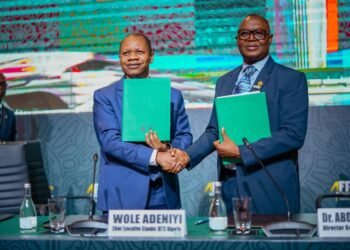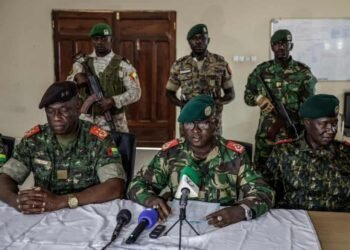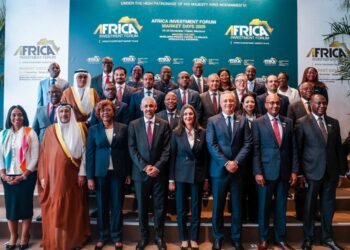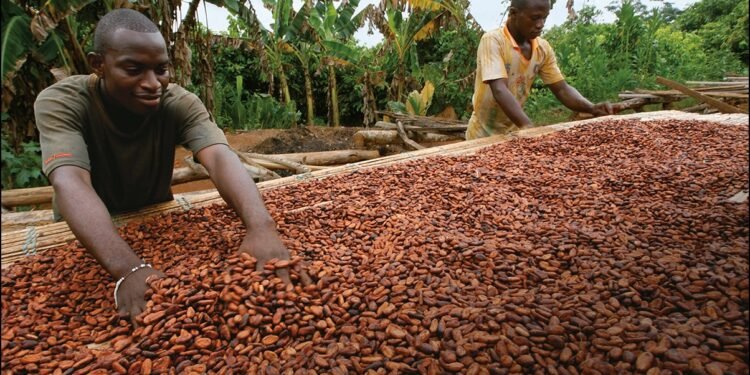Sudan Protesters have erected barricades across roads in the country’s capital, Khartoum with some shops and offices shut as a two-day general strike and civil disobedience campaign began in response to demonstrators’ deaths.
Neighbourhood resistance committees and political parties called the strike starting on Tuesday, January 18, 2022, after seven people were killed in Khartoum on Monday, January 17, 2022. This is to commemorate one of the deadliest series of demonstrations against a military takeover on October 25, 2021.
Protesters are demanding the military, which shares power with civilian groups before the coup, to quit politics completely.
“It is our duty to resist them until we are victorious or they rule an empty country after they have killed us all,” the Khartoum State resistance committees noted in a statement.
The Police confirmed the seven deaths on Tuesday, saying they used minimum force and had faced “systematic aggression”. However, military leader, General Abdel Fattah al-Burhan promised an investigation.
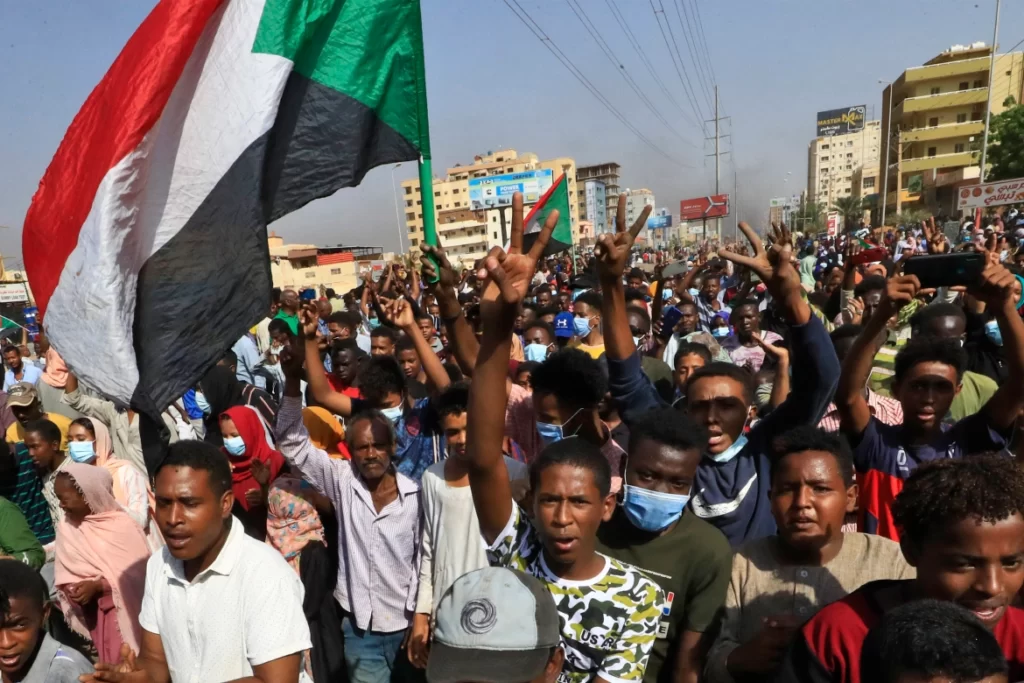
At least 71 people have been killed and more than 2,000 injured by security forces since the coup, according to medics aligned with the protest movement.
“Shop closed for mourning,” said a series of small signs posted on the closed outlets at the sprawling construction supplies market in Khartoum. One of the merchants, Othman el-Sherif, was among those shot dead on Monday.
Sudan’s University for Science and Technology suspended all activities as part of civil disobedience, according to an official statement.
In other parts of Khartoum, many pharmacies and other shops were shuttered.
Stone and brick barricades impeded access to some major roads in eastern and southern Khartoum and the adjoining cities of Bahri and Omdurman. Protesters set fire to car tyres in some places and traffic was lighter than usual.
Groups representing doctors, teachers, engineers, and pilots announced support for the strike, as did resistance committees outside the capital, aiming to pressure authorities by cutting off state revenues and bringing life to a standstill.
As they do regularly, police on Tuesday fired tear gas at dozens of protesters setting up roadblocks, this time on the streets of east Khartoum, according to reports by the media.

‘Systematic aggression’
Authorities have repeatedly denied using live ammunition against demonstrators, and insist dozens of security personnel have been wounded during protests, which regularly occurred since the October 25 coup.
A police general was stabbed to death last week.
Several Western nations and the United Nations who are pushing for negotiations to resolve the political crisis have raised concerns on Monday’s happening.
The UN special representative, Volker Perthes condemned the use of live ammunition and the US embassy criticized “violent tactics of Sudanese security forces.”
Reports suggest that Washington’s Assistant Secretary of State, Molly Phee and Special Envoy for the Horn of Africa, David Satterfield will be in Khartoum to reiterate their call for security forces to end violence and respect freedom of expression and peaceful assembly.
On Tuesday, the “Friends of Sudan”, a group calling for the restoration of the country’s transitional government held talks in Saudi Arabia over the crisis.
“Friends of Sudan”-group now meets in Riyadh. Deep concern about yesterday’s violence. International support and leverage is needed. Support for political process needs to go along with active support to stop violence.”
…UN’s Perthes said on Twitter, after attending the meeting virtually.
The European Union said in a statement, “Through disproportionate use of force and continued detention of activists and journalists, the military authorities are demonstrating that they are not ready to find a negotiated and peaceful solution to the crisis.”
Read Also: World Bank to Commit $40m Dollars into Venture Capital Trust Fund






